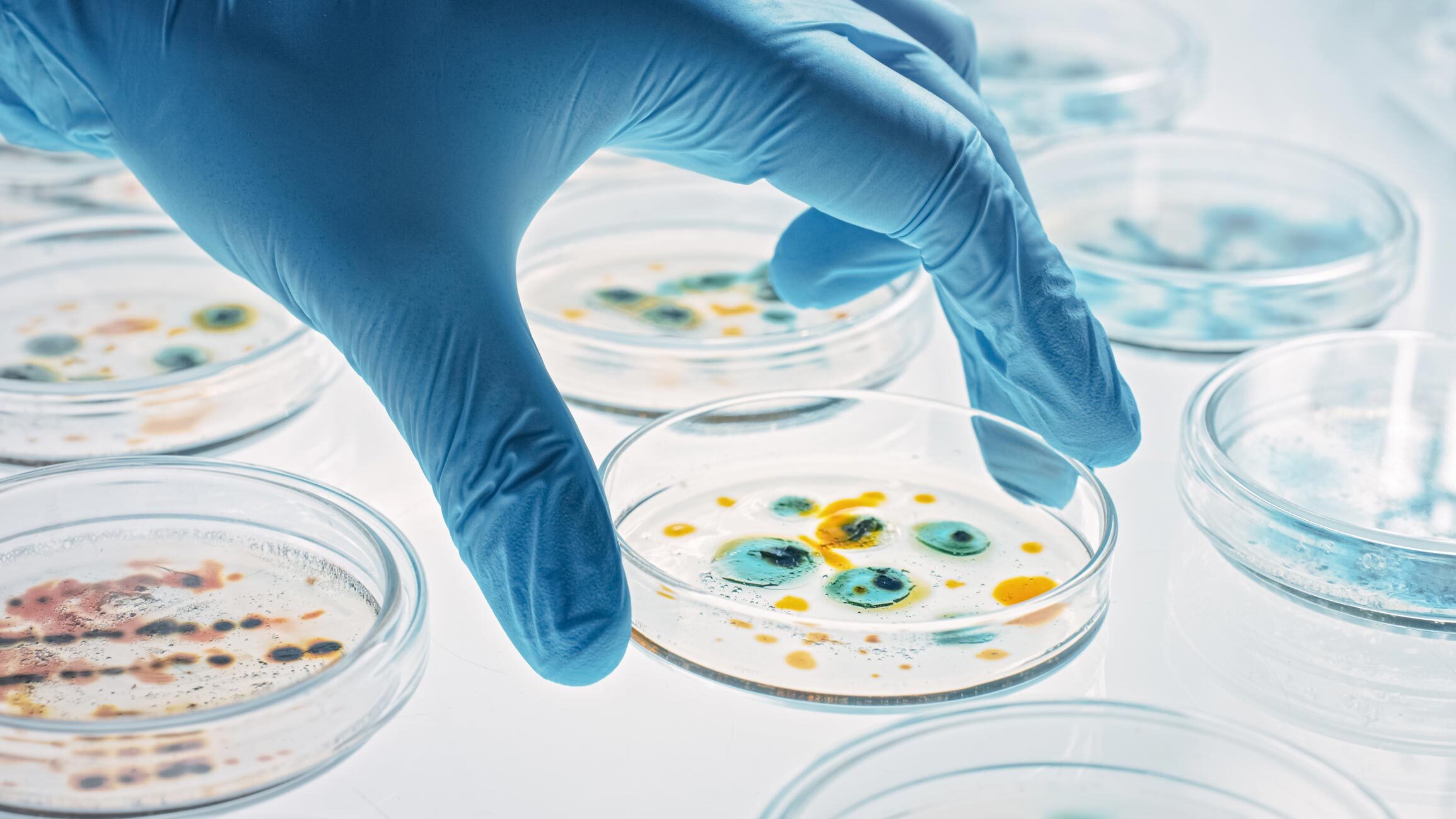
Increased PD-L1 expression in high-grade bladder cancer with squamous cell differentiation in Bulgarian and French patients’ samples
DESCRIPTION
Urothelial carcinomas (UC) of the bladder are biologically and clinically heterogeneous and the most common malignancy of the urinary tract in developed countries worldwide, where several checkpoint targets as programmed death ligand-1 (PD-L1) and programmed cell death protein (PD-1) have received the most attention in the treatment of bladder cancer.
However, the clinicopathological impact of this biomarker has not yet been established enough.
Objective: To evaluate programmed death ligand-1 (PD-L1) expression in UCs of the bladder in Bulgarian and French patients' samples.
Materials and methods: Urothelial bladder carcinomas cases from 2016-2020 were retrospectively were analyzed.
The cohort included 105 cases: 42 (40%) low grade and 63 (60%) high grade. Immunohistochemical (IHC) staining for PD-L1 expression was performed using an anti-PD-L1 primary antibody clone 22C3pharmDx only to 73/105 cases.
Results: Approximately 21/73 cases (28.8%) of urothelial bladder carcinomas demonstrated positive PD-L1 expression, and in 52/73 cases (71.2%) were negative.
Positive PD-L1 expression was associated with high grade and high pathologic stage (p < 0.001).
We found that PD-L1 was expressed in a significant percentage in UC with squamous differentiation (40%), followed by classic UC (30%).
An association between histological grading systems of bladder UC (WHO1973 and WHO 2016) and the TNM-staging system, estimated by Pearson correlation coefficients (r = 0.590 and r = 0.583, respectively, p < 0.001) was observed.
Conclusions: We found that PD-L1 expression is increased in patients with muscle-invasive UC, and PD-L1 might be a new biomarker that correlates with the pathological stage of urothelial bladder cancer and might predict recurrence-free survival.